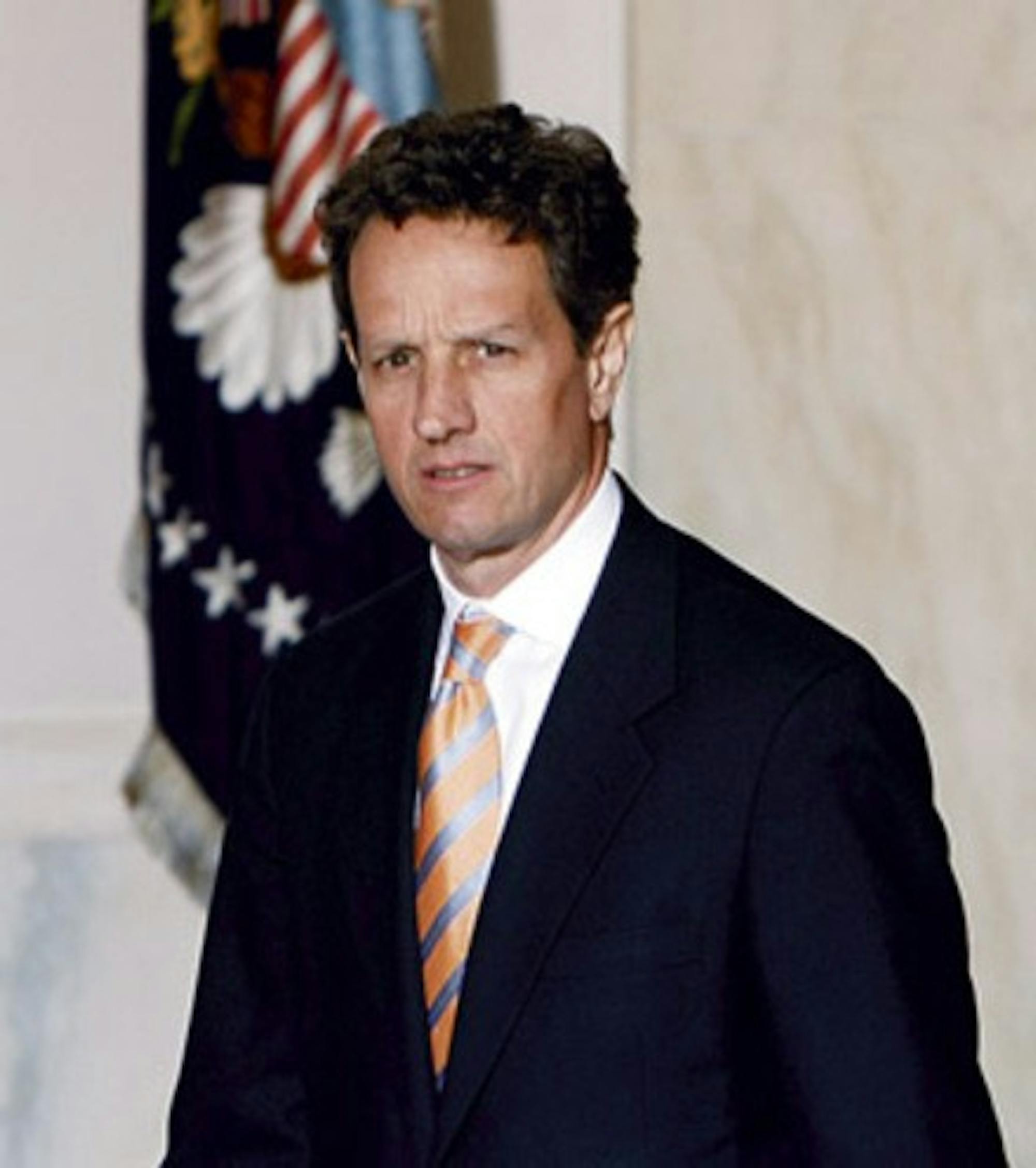Although just a few weeks ago, calls for the resignation of Treasury Secretary Timothy Geithner '83 seemed to be gaining momentum, positive reaction from investors, politicians and the media to his most recent financial rescue proposal appears to have now stabilized his political fate.
Geithner announced the framework for the government's financial rescue plan in February, saying that the Obama administration would work to commit $2.5 trillion to a federal bailout of the country's economic system.
Many politicians on both sides of the aisle pilloried the plan, saying it lacked specificity. The number of attacks increased earlier this month as it became clear that American International Group planned to use federal bailout funds to give bonuses to its executives.
Rep. Connie Mack, R-Fla., was the first member of Congress to publicly ask Obama to fire Geithner, when Mack said in early March that the secretary had bungled too many aspects of the financial rescue plans. Other members of Congress have echoed Mack's sentiments, including Sen. Jim DeMint, R-S.C., Sen. Jim Bunning, R-Ky., and Sen. Johnny Isakson, R-Ga.
"I've had serious concerns about Secretary Geithner from the moment he was nominated," Mack said in a March 18 statement. "In the months since, he has shown us time and again why he was the wrong choice for this critical post. This week's news on the AIG bonus scandal is but the latest fiasco under his watch, and he has lost the confidence of the American people."
Geithner further expanded the plan on March 23, announcing a "Public-Private Investment Program" in which the government and banks would work together to buy so-called "toxic" mortgage assets. The financial markets rallied after the announcement, a marked contrast from the markets' trend after Geithener's previous speeches and after most of the announcements made by former Treasury Secretary Henry Paulson '68, according to David Min, associate director for financial markets policy at the Center for American Progress, a liberal research organization.
"The primary criticism of the February rollout was that there wasn't enough detail," Min said in an interview with The Dartmouth. "With the recent announcement, he answered that criticism and, therefore, invited [other forms of criticism]."
Despite the more positive response to Geithner's recently announced plan, Mack still maintains his opposition to Geithner, his spokeswoman said Monday, citing "the secretary's continued assaults on the free market and his dismal record."
Geithner defended himself against such claims Sunday morning on ABC's "This Week with George Stephanopoulos." Maintaining that his financial plans are viable, Geithner said that both liberals' and conservatives' characterizations of him as a Wall Street lackey are unfair because he has spent most of his career as a public servant.
"I would not spend a penny on helping a bank for the purpose of helping a bank. Everything we're doing is for the people that depend on this financial system," he said. "Every time we provide assistance to the financial institutions, it's only because we need them to do a better job of getting credit to help reduce the risk of a deeper recession."
While the controversy caused by the AIG bonuses may indicate wider public frustration with the economic situation, the bonuses constitute only a tenth of a percent of the money that AIG will receive from the government, economics professor Andrew Samwick said. White House Chief of Staff Rahm Emanuel has made a similar argument, telling reporters last week that the uproar about the bonuses was a "distraction."
People focused on the bonuses because the issue is easier to understand than the other, more technical aspects of the financial rescue plan, Samwick said.
Min emphasized that some financial experts have "specific and legitimate" concerns about Geithner's plans, but added that much of the criticism surrounding Geithner and the bonuses may be politically motivated.
"The Republicans are an entrenched minority party, so it behooves their short term political aspirations to take potshots at the Obama administration and try to harness populist rage," Min said.
The public will likely continue to be frustrated with any economic plan released by the Obama administration, regardless of its content, given the current economic climate, Samwick said.
"The criticism may be right or wrong, but at least Secretary Geithner is taking the long view instead of the short view," Min said. "To draw a contrast, much of Paulson's and the previous administrations policies were responses to short term fluctuations in the market. Geithner understands that this is a marathon, not a sprint."
The Treasury Department did not return requests for comment.




